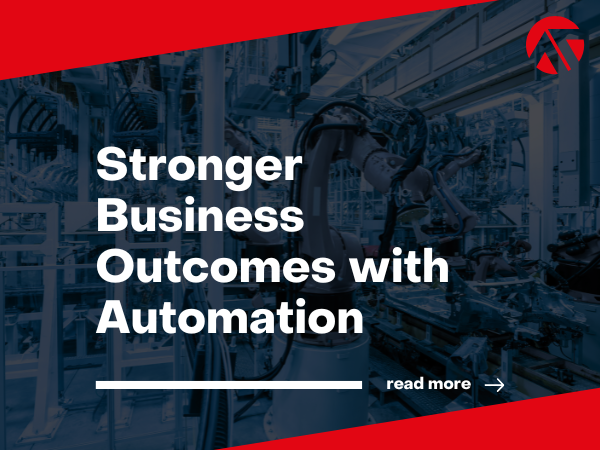Automation has shifted from being a future ambition to a present-day business priority. Companies today are under more pressure than ever to deliver faster, with greater precision, and at a lower cost, all while adapting to changing markets and technologies. For those willing to invest, automation offers a clear, measurable route to stronger business outcomes. It’s an area where we help businesses build long-term success through smart, tailored solutions.
Why the Business Case Matters
Automation often involves a high upfront investment, which can make decision-makers cautious. With competing demands for capital, every project must be justified not only by potential but by real, achievable results.
The good news is that automation brings a range of benefits that are easy to measure and prove. It transforms how businesses operate by providing fixed, predictable production costs, greater control over quality, and the flexibility to respond to changing market demands.
Rather than relying on fluctuating labour markets and rising wage pressures, automated production allows businesses to forecast output, efficiency, and costs with far greater accuracy. In uncertain economic times, that stability is a major advantage.
Fixed Costs, Predictable Output
One of the strongest arguments for automation is cost control. Unlike manual operations, automated systems come with a known cycle time, meaning businesses can calculate exactly how many units will be produced each hour, every day, all year round.
There’s no need to factor in absenteeism, shift inconsistencies, or training downtime. Automation brings reliability and consistency. It ensures that businesses are not caught out by sudden labour shortages, rising wage costs, or skills gaps that can slow down or disrupt operations.
Knowing what your output will be at any given time allows for better planning, stronger supply chain management, and more confident customer commitments.
Quality Built Into Every Stage
Automated systems don’t just move faster than manual processes, they deliver better results. Automation enables higher and more consistent quality by building checks, inspections, and precise tolerances into the process itself. It eliminates many of the human errors that creep into repetitive tasks, especially in high-volume environments.
Fewer mistakes mean less waste, fewer rejected parts, and less need for costly rework. Over time, these improvements significantly reduce the overall cost of manufacture, while enhancing customer satisfaction and brand reputation.
And because automated processes generate performance data at every stage, it becomes easier to spot trends, predict maintenance needs, and fine-tune operations for even greater efficiency.
Flexibility That Supports Growth
Automation gives businesses the ability to flex production quickly, whether that’s scaling up to meet a surge in demand or switching product variants with minimal downtime.
Modern automation systems are designed with adaptability in mind. Smart programming, modular design, and interchangeable tooling mean that production lines can be reconfigured much faster than ever before. That agility not only improves competitiveness but also reduces the risk associated with investing in new products or market opportunities.
Return on Investment You Can Measure
While automation requires capital investment upfront, the return is tangible and predictable.
By factoring in reduced labour costs, lower waste, higher output, better quality, and lower maintenance costs, businesses can create a compelling return on investment model.
Moreover, businesses have options to ease the capital burden. Moving some procurement from capital to operational expenditure or accessing available government funding schemes can help spread the cost and improve cash flow.
Thinking Beyond the Numbers
The case for automation isn’t just about immediate financial returns. It’s about building stronger businesses for the future.
Automation enables companies to move skilled workers into higher-value roles, improves workplace safety by removing repetitive and hazardous tasks, and supports more sustainable, energy-efficient production methods. It also makes businesses less vulnerable to external shocks, such as labour shortages, border disruptions, or global supply chain issues.
In short, automation strengthens every part of the business, from production to customer experience, from operational resilience to strategic flexibility.
Building the Future with ALPHR
At ALPHR, we work with businesses to turn automation from a concept into a real, measurable advantage.
Our expertise lies in helping companies build their own clear, achievable roadmap to automation, identifying the opportunities, justifying the investment, and delivering systems that truly support stronger business outcomes. If you’re ready to explore the real business case for automation, we’re ready to help.


